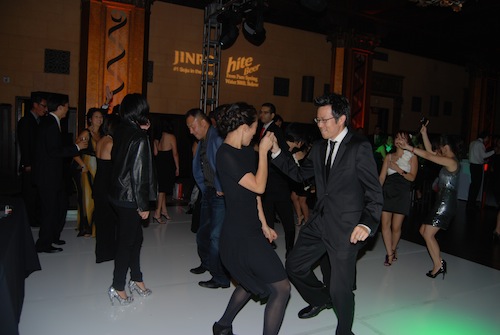I’m beginning to think that The New York Times has an adoption fetish.
Most recently there was that piece by Ron Nixon, “Adopted from Korea and in Search of Identity,” which ran the day before the official release of the Evan B. Donaldson Institute’s major study, “Beyond Culture Camp: Promoting Healthy Identity Formation In Adoption.”
[ad#336]
There have been stories about Chinese adoptions. Ukrainian adoptions. Ethiopian adoptions. Nixon himself covered another Donaldson Institute report on adoption disparities in 2008.
And then there was the “Relative Choices” blog series with contributions by very select voices representing the adoption community (including one of the authors of the Donaldson report).
The NYT does an admirable job of finding adult adoptees to interview and tell their own side to the story. Unfortunately, it treats the topic of adoption like a political story – complete with myths and the underlying assumption that it is bipartisan.
To be fair, the NYT is no worse than any other mainstream media outlet.
[ad#336]
The Star Tribune’s recent sensationalistic front pager, “Burned by a baby broker,” fed subscribers’ worst fears about adoption, that an adopted child is not entirely your own. Ironically, raising that fear has the unintended effect of opening the door to an adoption story that receives little to no media coverage – the story of birth mothers.
The exclusion of fair media representation of a significant population of the adoption story is why international adoption policy has been slow to form. And I dare say that this exclusion from the conversation has not been an oversight.
In fact, the findings and recommendations by the Donaldson Institute would make excellent headlines, but who wants to shine a light on the complexities of well-to-do, educated white women adopting the children of women from countries that do not afford unwed mothers any rights? Especially when your readership includes well-to-do, educated white women who adopted the children of women from countries that do not afford unwed mothers any rights.
The story is much more romantic (and retains subscription rates) if you just say that the children were abandoned and are better off in America, and much more intriguing if you focus on the oh-so modern issue of identity.
Fortunately but not surprisingly, the Korea Herald scooped everyone with its timely piece, “Expats fight to change adoption law.”
The story chronicles a fight being waged on South Korean soil for more adoptee and unwed mothers’ rights. Together, adult adopted Koreans from America and Europe, unwed mothers’ advocates and a civil rights lawyers group, are working to transform adoption policies in Korea.
[ad#336]
These are the stories that need to be told. The Donaldson Institute’s findings are meant to guide policy change, not to serve as how-to tips for white adoptive parents who want to avoid the challenges of raising a transracially adopted child.
Telling subscribers what they want to hear is far from being all the news that’s fit to print.
High-quality journalism can influence substantive change. I hope we see more of it in more media outlets – and less fetishism.










